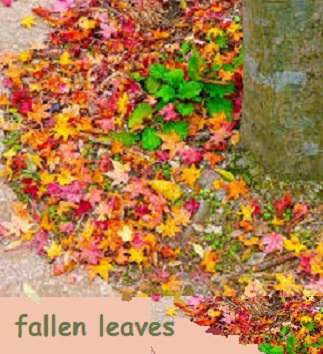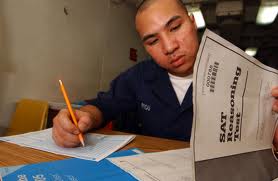Irregular Past Participles You Need to Know
Past participles (p.p.s) have two main uses in English. They can be used with the verb ‘have’ to form perfect tenses (see Past and Present Perfect Tense Use) or as adjectives. On this page you can find examples of both, as well as a list of all the irregular past participles different from their simple past forms and sentences demonstrating their use.
Examples of Irregular P. P.s Used as Adjectives:

·
a broken shoulder,
· a drunk driver,
· a half-eaten pie,
· fallen leaves,
· frozen orange juice
· her grown daughter,
· hidden treasure,
· a well-known singer,
· a lost puppy,
· a stolen car
· a badly-written essay.
Examples of P.P.s the same as their Simple Pasts
|
Mary walked to the store again. Sam bought a cat. Ana felt sick last week. Her husband told her, “go to bed!" |
She has walked to the store for years. He had just bought it when we met him. She has felt sick often lately. He had already told her twice. |
Irregular Past Participles List
(When Different from Simple
Pasts)
 “How long have you been studying for the SAT?” “For months. I had read the study guide by July. Since then Bill and I have written questions, and we have begun to review. What have you done?”
“How long have you been studying for the SAT?” “For months. I had read the study guide by July. Since then Bill and I have written questions, and we have begun to review. What have you done?”(Verb- past participle)
- be- been
- become- become
- begin- begun
- bite- bitten
- blow- blown
- break- broken
- choose- chosen
- come- come
- do- done
- draw- drawn
- drink- drunk
- drive- driven
- eat- eaten
- fall- fallen
- fly- flown
- forgive- forgiven
- forget- forgot (UK) or forgotten (US)
- freeze- frozen
- get- got (UK) or gotten (US)
- give- given
- go- gone
- grow- grown
- hide- hidden
- know- known
- rewrite- rewritten
- ride- ridden
- ring- rung
- rise- risen
- run- run
- see- seen
- shake- shaken
- sing- sung
- steal- stolen
- swim- swum
- take- taken
- tear- torn
- throw- thrown
- wear- worn
- withdraw- withdrawn
- write- written
Example Sentences (& see the adjective list above):
He has been playing tennis for four years.
“We have only begun to fight.”
Our dog has never bitten anyone.
He had broken his new toy within minutes after opening it.
Has she chosen her staff yet?
He has come here for treatments since 1970.
Have you done any more work on your project?
He had already driven for years when he became a bus driver.
Have you gotten your tickets yet?
The president had given his approval, so they began work.
Where have the students gone for their break?
I’ve ridden in cars, trains, and planes, but never in a submarine.
Have you seen my coat?
If you had taken the subway yesterday, you would have missed the traffic jam.
He has withdrawn his offer since you didn’t respond.
________________________________
You can review the irregular past participles with the Irregular Past Participle Word Search. (Its answers are here.) If you would like more fill-in and reading practice with the past or present perfect tense, go to Present and Past Perfect Tense Practice.
Home > English Verb Tenses > Irregular Past Participles
Didn't find what you
needed? Explain what you want in the search box below.
(For example, cognates, past tense practice, or 'get along with.') Click to see the related pages on EnglishHints.
| site search by freefind | advanced |







